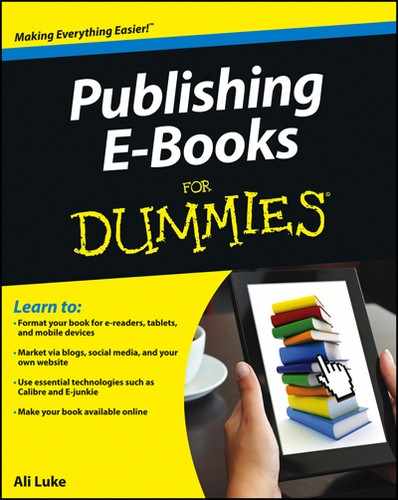Cutting Unnecessary Words
Most authors overwrite on their first drafts, adding unnecessary words and phrases. It’s a normal, natural part of the composition process, and it doesn’t mean that you’re a bad writer. It does mean that you need to look out for text to cut during editing.
Common unnecessary words and phrases include
![]() Qualifiers: Examples are really, very, quite, mostly, and usually. Sometimes, you need them — and often, you can cut them. The sentence “It was really a very hot day” can be better written as “It was a scorching day.”
Qualifiers: Examples are really, very, quite, mostly, and usually. Sometimes, you need them — and often, you can cut them. The sentence “It was really a very hot day” can be better written as “It was a scorching day.”
![]() Adjectives: Examples are quickly, slowly, happily, quietly, and loudly. A good rule of thumb is to let the verb carry the weight. If you’ve written “Tom said loudly,” “Tom shouted” or “Tom yelled” is a better alternative.
Adjectives: Examples are quickly, slowly, happily, quietly, and loudly. A good rule of thumb is to let the verb carry the weight. If you’ve written “Tom said loudly,” “Tom shouted” or “Tom yelled” is a better alternative.
![]() Personal phrases: Examples are “In my opinion,” “I think,” and “I believe.” Occasionally, you must clearly distinguish your opinion from objective fact, but you can generally omit these phrases. Readers will understand that your e-book naturally expresses your opinion.
Personal phrases: Examples are “In my opinion,” “I think,” and “I believe.” Occasionally, you must clearly distinguish your opinion from objective fact, but you can generally omit these phrases. Readers will understand that your e-book naturally expresses your opinion.

